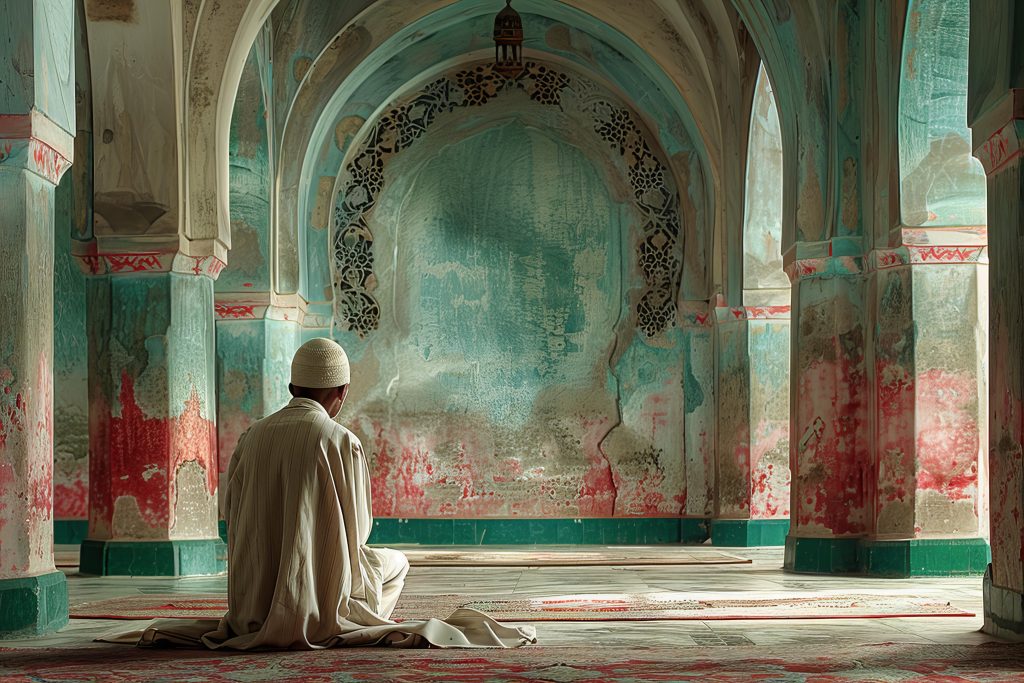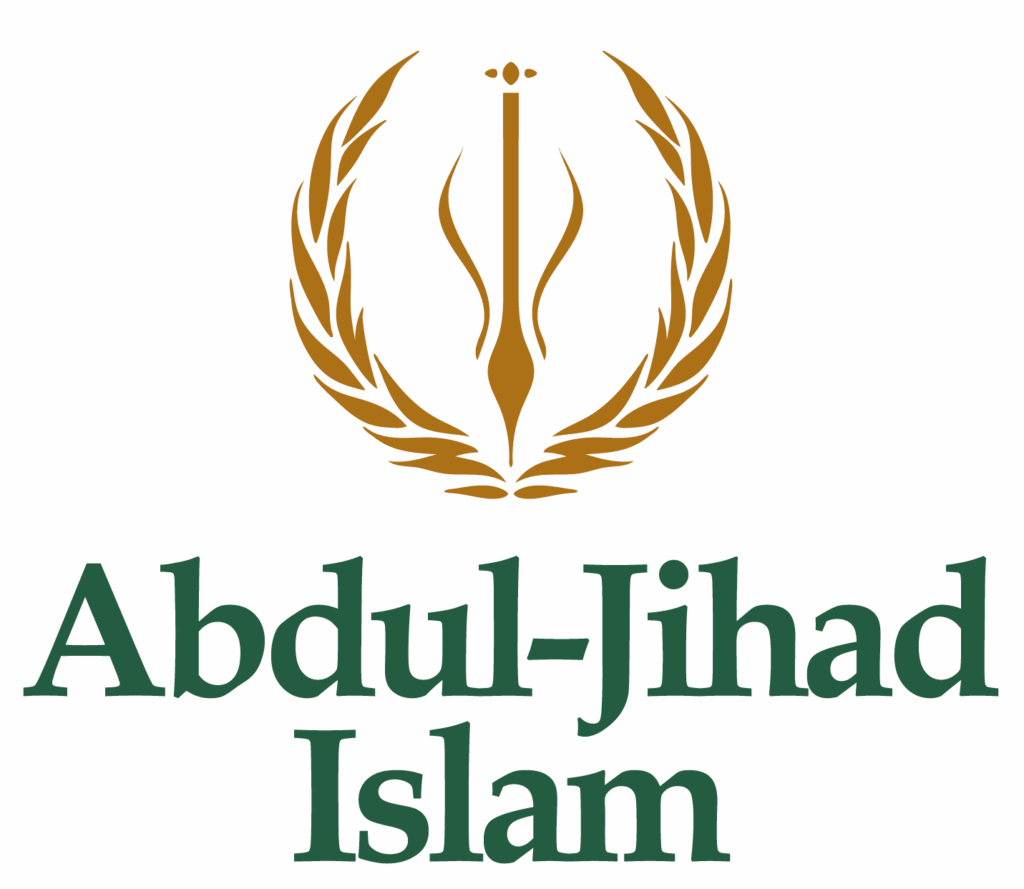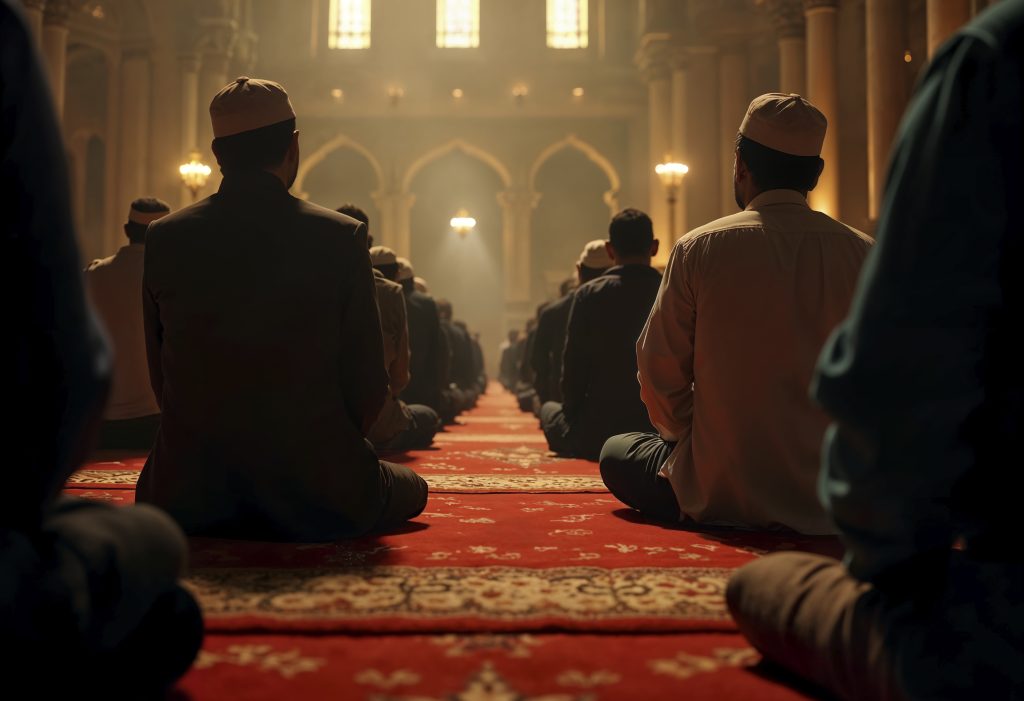
Life is not always easy. Sometimes, we feel trapped—by walls, pain, or our own choices. In such moments, practicing Islam can help us feel calm, strong, and full of hope. The pillars of Islam are not just rules; they are ways to find peace and strength. Even when someone is behind bars or alone, these five steps bring light. They help with understanding Islam in a deep way, even if everything around feels dark.
Each pillar helps with connecting with Allah, staying kind, and finding truth. With faith, every heart can feel strong again. This blog shares five simple and powerful ways to grow in faith while being locked up or even after that. It discusses how Islamic spirituality manifests in everyday acts and how it can lead anyone to peace. So, let’s look at how these steps can guide a person’s heart from pain to peace.
Saying the Shahada Brings Peace in the Heart
What does it mean to say the Shahada? Is it just words? Or is it more? The Shahada means saying, “There is no god but Allah, and Muhammad is His Messenger.” For someone in pain, saying this brings light to the heart. In prison or during hard times, this is where practicing Islam starts. The first of the pillars of Islam opens the door to truth and hope.
Even in a small, lonely cell, saying these words helps with connecting with Allah. Why does it bring peace? Because it reminds the heart that Allah is near. It helps with understanding Islam and knowing that life has meaning. Reciting the Shahada repeatedly fosters Islamic spirituality. It is like planting a seed in the heart that grows with faith. When someone says these words with love, they feel less alone. So, this pillar marks the beginning of finding light even in the darkest places.
Daily Prayers Keep the Soul Clean and Strong
Can you pray even when you’re behind walls? Can prayer still help? Yes. Prayer is a gift. It is the second of the pillars of Islam and a big part of practicing Islam. Five times a day, a person can stop and talk to Allah. These prayers help with connecting with Allah, no matter where a person is. Even when the world feels far away, prayer brings the soul closer to Allah. It teaches us to be kind, patient, and clean inside.
In small places, this habit brings big peace. Why do we bow and pray? Because it helps with understanding Islam and teaches discipline. It brings strength in the body and peace in the heart. When someone prays every day, they feel better, even when they are sad. It fosters Islamic spirituality gradually and steadily. So, daily prayer is a small act that can make a big difference, no matter where you are.
Giving to Others, Even When You Have Little
Can you still help others if you don’t have much? What if you’re in prison or have no money? The answer is yes. Giving is not always about coins. It’s about sharing your heart. This is the third of the pillars of Islam—Zakat. It is a way of practicing Islam by helping those in need. It helps us connect with Allah by caring for His people. Even in confinement, someone can give kindness, advice, or a smile.
Why is this important? Because it teaches us about mercy. It helps with understanding Islam, where love and sharing are key. Giving fosters Islamic spirituality, especially when it is challenging to do so. It demonstrates that faith is more than just words. It is an action. Even a kind word or a helping hand is a form of Zakat. So, giving—even in pain—is a beautiful way to stay close to Allah and live with purpose.
Fasting Builds Patience and Brings You Closer to Allah
Is fasting only about not eating? Why do Muslims fast? Fasting is much more. It is the fourth of the pillars of Islam and a special way of practicing Islam. Fasting during Ramadan means not just skipping food—it means thinking good thoughts, avoiding bad things, and being thankful. Even in prison or difficult places, fasting helps one connect with Allah. It softens the heart and clarifies the mind.
It teaches us that we are strong inside. Why do we fast from sunrise to sunset? Because it helps one understand Islam more deeply. We learn that blessings are many, and we should be grateful. Fasting helps build Islamic spirituality because it is done with love and for Allah. Even a single day of fasting can alter our thoughts and feelings. This pillar is a quiet yet powerful way to feel close to Allah, even when life is tough.
Hajj Reminds Us That We Are Never Alone
Can someone think about Hajj even if they can’t go? Can it still help the heart? Yes. Hajj is one of the pillars of Islam, and even if someone cannot physically go, learning about it and dreaming of it helps them practice their faith. It brings hope. Thinking about walking with millions, all wearing white, all saying the same words—it fills the heart with joy. This helps with connecting with Allah, because Hajj is a journey toward Him.
Why is this important? Because it teaches us that we are part of something big. It instills in us love for others and Allah. It also helps with understanding Islam, as it shows how people from all places are the same before Allah. Even within prison, contemplating Hajj can foster Islamic spirituality. It teaches unity, purpose, and hope. So, even without travel, this pillar helps us feel Allah’s closeness and feel part of the Muslim family.
Practicing Islam Through Pillars of Islam
So, what do we learn from these five steps? Practicing Islam is possible anywhere. Even behind locked doors, the pillars of Islam can guide, heal, and lift a soul. These five ways—Shahada, prayer, giving, fasting, and Hajj—are more than duties. They are the road to peace. Each one helps to better understand Islam and keeps the heart soft and strong. They help with connecting with Allah, even when everything else is lost.
And with each step, Islamic spirituality grows quietly, like a small light that continues to shine. If you want to read a real story about this kind of strength and faith, then the book Practicing Islam in Prison and Society is a must. It shows how these simple steps helped one man find light in the dark. If you want to feel closer to Allah and learn how to stay strong in life, read this book and discover your path to peace.

